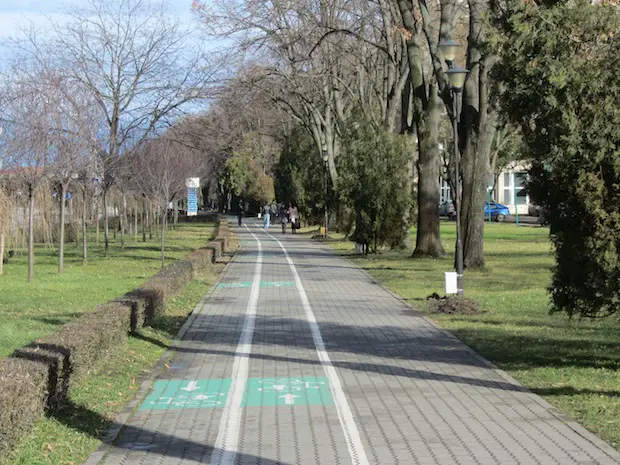The third CityCamp Brighton is currently underway in the Brighthelm Centre and attendees have all been asked one question: What kind of future do we want to create together for our city? The morning’s first session resulted in ideas ranging from hosting temporary art displays on a Brighton plinth (as with London’s fourth plinth programme) to the future of education in the city. The theme of creating an inclusive city ran across multiple ideas, from digital infrastructure to accessible public facilities.
CityCamp Brighton is structured to allow time for initial idea generation in a large group followed by breakout sessions where individual ideas are explored in more depth. One of this morning’s breakout sessions was around the topic of improving the support available to Brighton’s homeless population.
The discussion was hosted by a local police officer who explained that sleeping rough is on the increase in the city, especially among younger people. He also revealed only 1 in 4 attacks on homeless people are reported. With benefit reform underway across the UK, there was concern about the impact this could have on homelessness.
Potential opportunities ranged from the unlikely (get rich people to buy second homes and allow homeless people to live in them for free) to the possible (temporarily handing over your spare room to a homeless person), with further discussion exploring how the local police force gets information to the homeless population.
“You have to get the information out there,” said one participant, mentioning how a poster on a pub toilet got her off the street and in sheltered accommodation. Discussion moved on to the potential of a “single umbrella” service where information about support for homeless people could be found in one online destination, offering the homeless population who access the internet a one-stop destination for the benefits that are available to them. As the benefit structure in the UK changes, it was agreed that private organisations and individuals will likely have to pick up the slack, potentially alienating the less-informed homeless population.
“Not all homeless people access the internet,” acknowledged one participant, suggesting that any online service that aggregates information about benefits and support opportunities should also be available offline.


